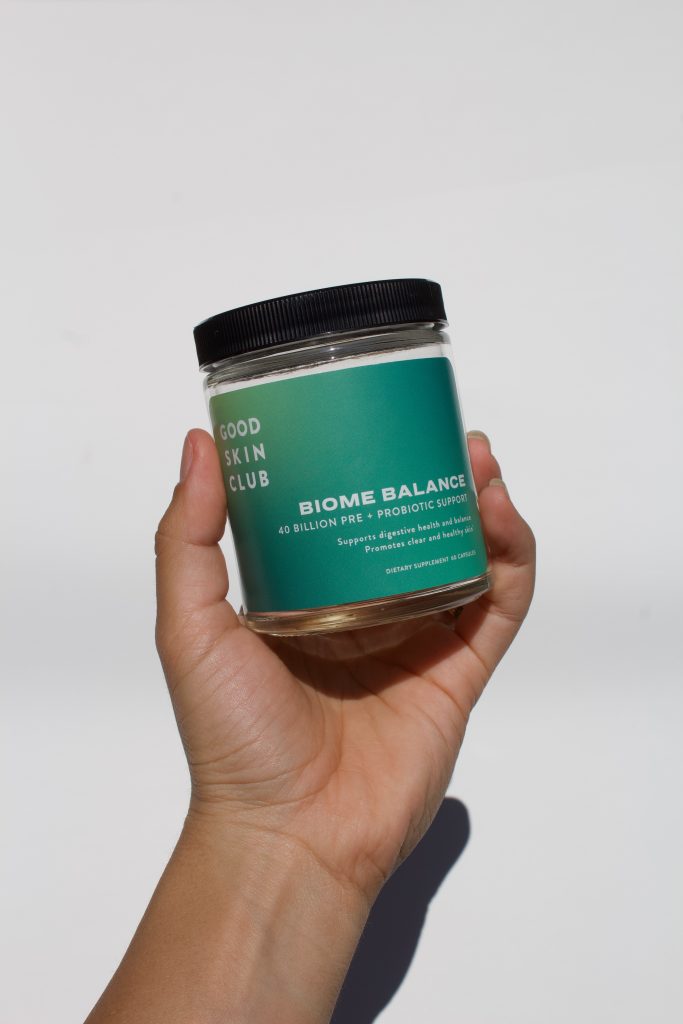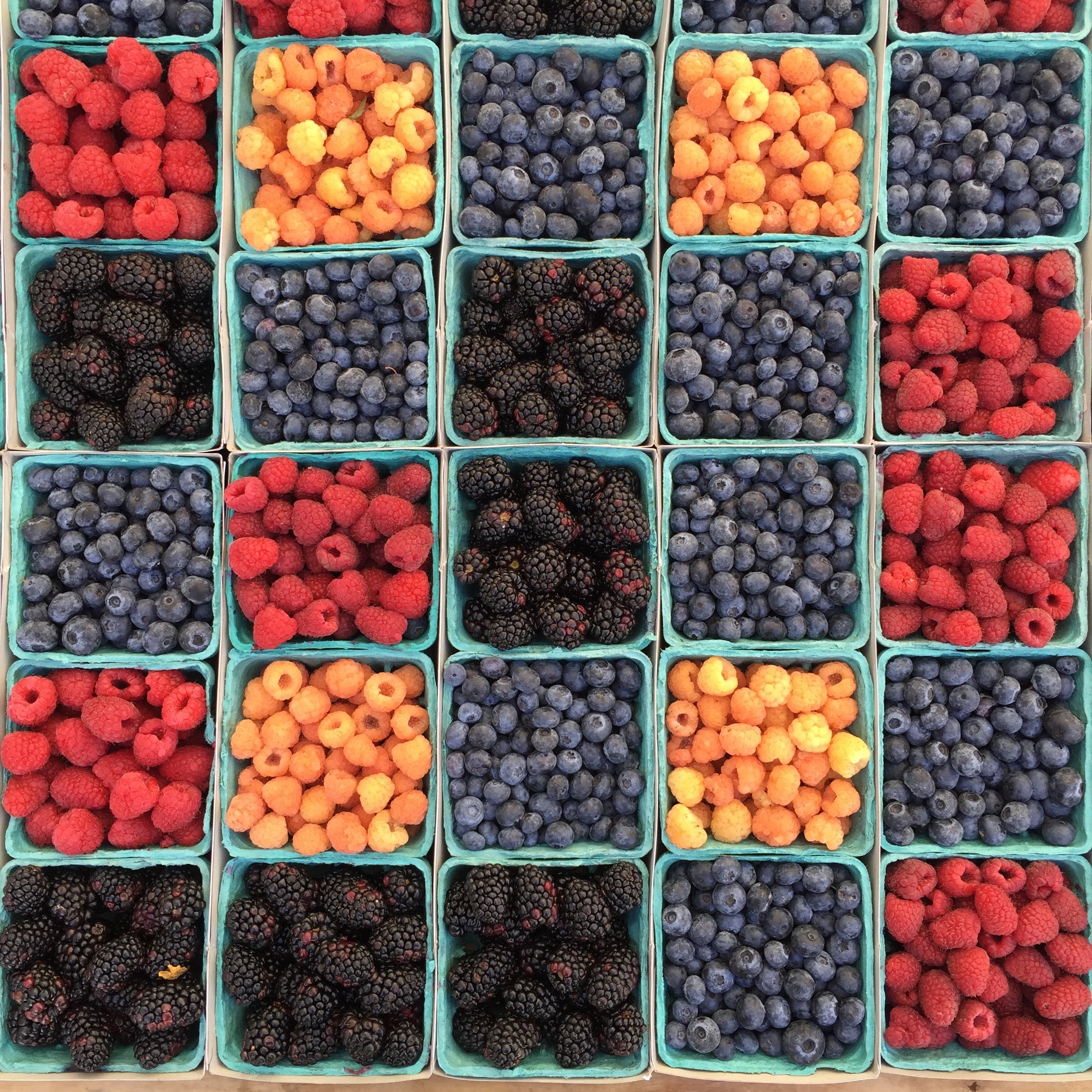Fiber-rich Foods: The Importance of Dietary Fiber
Dietary fiber is a crucial component for maintaining a healthy gut. There are two main types of fiber: soluble and insoluble. Soluble fiber dissolves in water and forms a gel-like substance, helping to regulate blood sugar levels and lower cholesterol. Insoluble fiber adds bulk to stool, promoting regular bowel movements and preventing constipation. Both types of fiber are essential for a balanced gut environment and overall digestive health. High-fiber foods include fruits, vegetables, whole grains, legumes, nuts, and seeds. Gradually increasing fiber intake is important to avoid digestive discomfort, and adequate hydration is essential to support proper fiber function.
Probiotics and Fermented Foods:
Probiotics are live beneficial bacteria that support a healthy gut microbiome. These “friendly” bacteria can help balance gut flora, improve digestion, and enhance the immune system. Fermented foods are rich sources of probiotics and include yogurt, kefir, sauerkraut, kimchi, miso, and tempeh. Regularly incorporating these foods into your diet can improve gut diversity and function. Additionally, probiotic supplements can be beneficial, especially after taking antibiotics or during times of gut imbalance. When choosing probiotic supplements, look for those with diverse strains and sufficient colony-forming units (CFUs).
Prebiotics: Nourishing Your Gut Microbiome
Prebiotics are non-digestible fibers that serve as food for beneficial gut bacteria, promoting their growth and activity. They are found in various foods such as garlic, onions, leeks, bananas, asparagus, and chicory root. By consuming prebiotic-rich foods, you can nurture your gut microbiome and help it flourish. Prebiotics work synergistically with probiotics, so incorporating both into your diet can maximize their benefits. Moreover, prebiotics aid in the production of short-chain fatty acids, which support gut health and reduce inflammation.
Anti-Inflammatory Foods for Gut Health:
Chronic inflammation in the gut can contribute to various digestive disorders and negatively impact overall health. Consuming anti-inflammatory foods can help alleviate gut inflammation and support healing. Foods rich in omega-3 fatty acids, such as fatty fish, flaxseeds, and chia seeds, have potent anti-inflammatory properties. Colorful fruits and vegetables like berries, leafy greens, and cruciferous vegetables contain antioxidants that combat inflammation. Turmeric, ginger, and green tea also have notable anti-inflammatory effects. Reducing processed foods, refined sugars, and saturated fats can further aid in reducing gut inflammation.

Managing Gut Disorders with Diet:
Specific gut disorders like Irritable Bowel Syndrome (IBS) and Inflammatory Bowel Disease (IBD) can benefit from tailored dietary approaches. Low-FODMAP diets, which restrict certain fermentable carbohydrates, are often helpful for individuals with IBS. A diet rich in easily digestible foods and gentle on the digestive system can aid in managing flare-ups for those with IBD. In these cases, working with a registered dietitian experienced in gut health can be invaluable in creating a personalized meal plan that supports healing and symptom management.
Hydration and Gut Health:
Adequate hydration is crucial for maintaining optimal gut function. Water helps break down food, facilitate nutrient absorption, and soften stool, preventing constipation. Proper hydration also supports the mucosal lining of the gut, preventing it from becoming dry and vulnerable to damage. Aim to drink plenty of water throughout the day, and include hydrating beverages like herbal teas and coconut water. Limiting excessive caffeine and alcohol intake is also essential, as they can contribute to dehydration and irritate the gut lining.
Minerals and Nutrients for Gut Integrity:
Several minerals and nutrients play a significant role in maintaining a healthy gut lining. Zinc, vitamin A, vitamin D, and glutamine are essential for gut tissue repair and maintaining the integrity of the gut barrier. Foods rich in these nutrients include lean meats, fish, eggs, dairy products, leafy greens, carrots, and sweet potatoes. A well-balanced diet that includes these essential nutrients can contribute to a strong and resilient gut lining, preventing leaky gut and related issues.
The Gut-Brain Axis:
The gut-brain axis refers to the bidirectional communication between the gut and the brain. A healthy gut can positively influence mental well-being, while stress and emotions can impact gut health. Consuming gut-friendly foods that support a diverse microbiome can positively influence mood and cognitive function. Additionally, practicing stress-reducing techniques like mindfulness, meditation, and regular exercise can help maintain a balanced gut-brain axis.

Food Diversity and Gut Microbiome:
A diverse diet rich in different food groups can lead to a diverse gut microbiome, which is associated with better gut health. Include a wide variety of fruits, vegetables, whole grains, nuts, seeds, and fermented foods in your diet. Each food type introduces different nutrients and fibers that support various beneficial bacteria in the gut. Regularly rotating your food choices can also promote diversity within the microbiome.
Avoiding Gut Irritants:
Some foods and habits can irritate the gut lining and contribute to digestive discomfort. Common irritants include spicy foods, high-fat foods, processed foods, excessive caffeine, alcohol, and artificial sweeteners. Identifying individual triggers and reducing their consumption can help alleviate symptoms and promote gut healing. Instead, focus on nourishing, gut-friendly foods and adopt healthy eating habits for long-term gut wellness.


